Best NDA foundation course after 10th in Dehradun
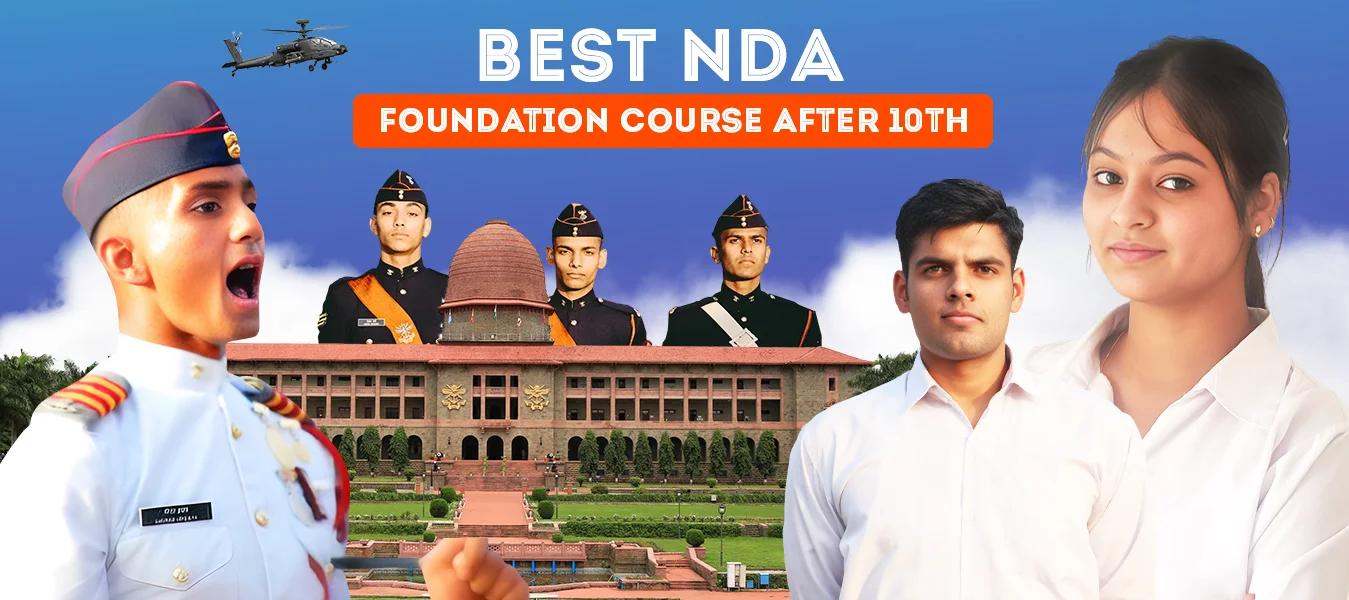
NDA Course after 10th is a specialised two year programme which pairs NDA Coaching with Schooling in India (School Integrated Program) for students from class 4th to 12th and it is best NDA foundation course after 10th in Dehradun.
- Build a strong base with NDA Foundation Course (Coaching + Schooling)
- Best competitive exam faculty with many years of experience
- SSB Training with Ex Senior GTO
- Best Study Material and Regular mock tests
- Indoor and Outdoor sports space available
- Get yourself trained in SSB Ground designed by Ex GTOs


All exams qualified Faculty

Many Years of Training Students
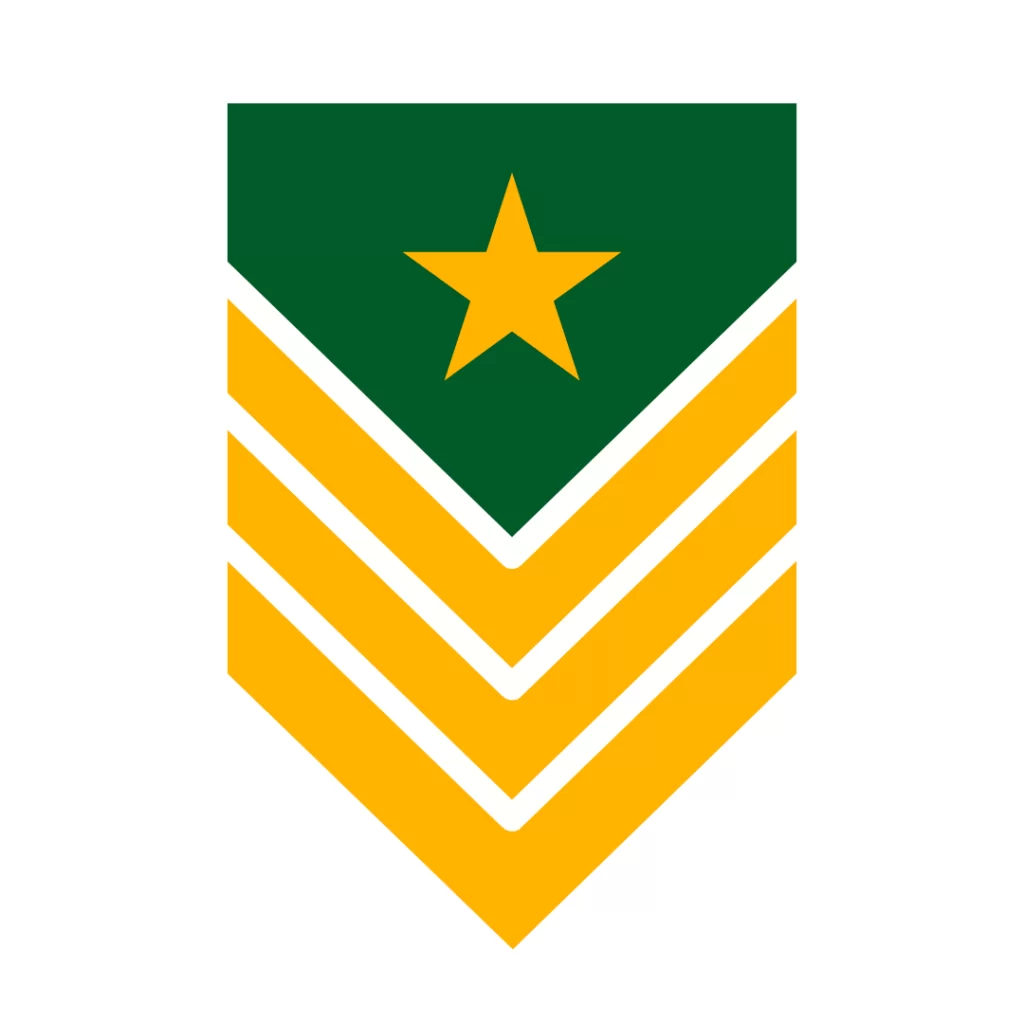
Guidance from Retired Decorated Officers.
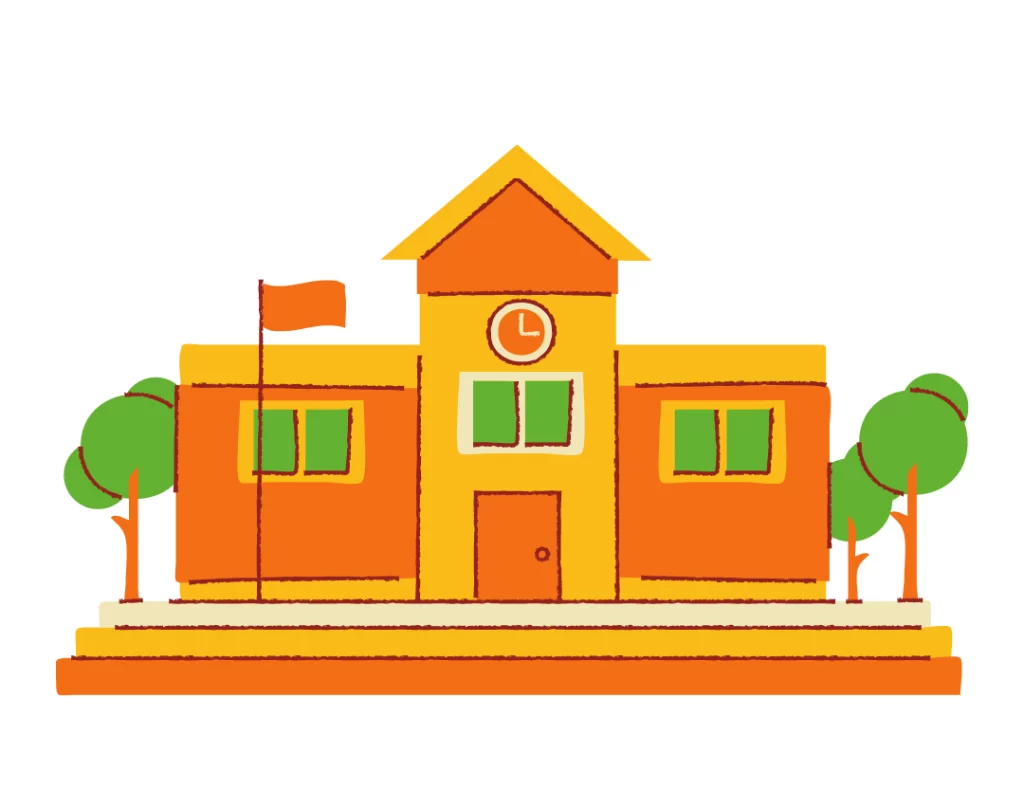
Best infra resources at service
We will contact
Get Free
Counselling

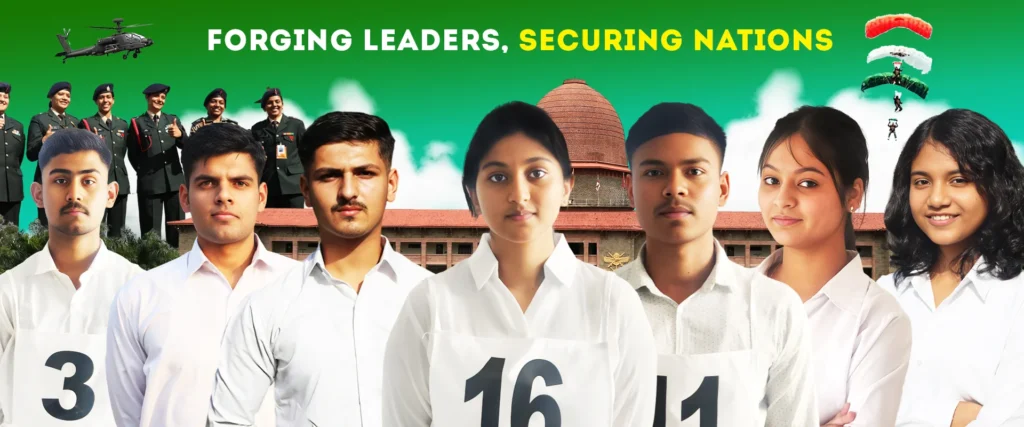
Our CBSE affiliated school, which is one of the best in Dehradun, prepares students for school and board exams for excellent results. Our faculties who nurture the young minds include Group Captain AK. Chatterjee (retd.), Group Captain Sangeet Kathait (retd.), Lt. Col. HDS Bisht (retd.), Captain Puran thapa (retd.)
NDA Foundation Course covers the school as well as NDA syllabus. The students are trained in an atmosphere of healthy competition among peers which helps them bring out the best in themselves. NDA Foundation Course teachers work round the clock to cover up all the syllabus well in advance and also clear all doubts and questions.
NDA Foundation Course after 10th is a specialised two year programme which pairs NDA Coaching with Schooling in India for students of class 1th and 12th. Students are taught all the subjects for their school and board exams and in parallel students are mentored for the NDA exam by a highly experienced and specialised faculty. All the teachers at Indian Defence Academy have many years of experience in preparing students for NDA Coaching after 10th, NDA after 11th, and NDA after the 12th.
Our specialised NDA Foundation Course Coaching in Dehradun, India programme, also focuses on students overall Personality Development classes & communication skills. The students enrolled in NDA Foundation Course at IDA get the best of resources and infrastructure facilities to prepare for board exams and NDA exam under experienced faculty. At IDA, for NDA Foundation Course after 10th students of both 11th and 12th can enroll for 2 and 1 years respectively.
Course Structure of best NDA Foundation Course after 10th in Dehradun
- Academic Classes
- NDA Coaching
- SSB Coaching
- Physical Training
- NDA Study Material
- Mock Tests
- Personality Development Sessions
Facilities for Students in the Best NDA foundation course after 10th in Dehradun
- A well-designed Campus of around 7 acres.
- Beautiful campus on the outskirts of the city so that students have no distractions.
- Spacious smart classrooms
- Science and Computer Labs
- Sports and other extracurricular activities
- Personality Development Sessions
- Transportation facilities
Admission Procedure in the Best NDA foundation course after 10th in Dehradun
- Fill the Registration available on our site.
- Our counsellor will give you a call for discussion.
- Finish the Registration on our website by paying Rs. 5000 using the payment link. Registration fee is non-refundable.
- Our counsellor will give you a call for further formalities and registration procedure.
Fee Structure of the Best NDA foundation course after 10th in Dehradun
- Rs. 1.8 Lakhs per year (including GST)
- Fee can be paid in 2 installments
- Above 90% in class 10th – 10% discount
- Above 95% in class 10th – 20% discount
Faculty of the Best NDA foundation course after 10th in Dehradun

Vinay Joshi
General Studies Faculty

Vinay Joshi
General Studies Faculty
• 8+ years of teaching experience
With a unique teaching style and many years of experience in the field, Vinay joshi Sir has been the prime choice of many candidates with an aspiration of success in defence examinations. With a strong fundamental understanding of General Studies, Vinay Sir has helped many students get through various exams in life. He has been remarkable in offering students the most unique approach to target higher ranks in the examination

Shubham Kathait
English Faculty

Shubham Kathait
English Faculty
• 7+ years of teaching experience
The English subject needs best command of the grammar and vocabulary. Mr. Shubham Kathait is very experienced. His way of explaining is very simple. He gives proper knowledge of every topic such as idioms, phrases, one word substitution, synonyms, etc. He is one of the best English teachers/converted, who guides the students from basic to advance English preparation with his simple ways and easy examples. He has definitely a unique way of explaining grammar related stuffs.

SHUBHAM RAWAT
Reasoning and Aptitude Faculty

SHUBHAM RAWAT
Reasoning and Aptitude Faculty
• 5+ years of teaching experience
Mr. Shubham Rawat has a way of teaching that is very different and attractive. The learning process in his lectures is quite enticing. He will help you strengthen your knowledge of the reasoning and logics no matter at what level you stand presently.
All our educators at Indian Defence Academy are highly trained and have the best skill to explain the most difficult concepts to students very generously. IDA regularly conducts test and training modules to educate the aspirants best for all exams with the latest and most relevant study material and notes.
What Student Says
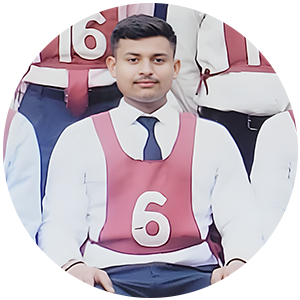
I have had a thriving experience at the Indian Defence Academy. It has been an integral part of my life with awesome memories and lessons of my life. It has played a crucial role in shaping my over all personality and to make me what I am right now. With all the facilities over there one can excel in their desired field. All the faculties are extremely supportive and put immense efforts into my preparation and that's how I got through this exam in a first go. I'll always be grateful to all my mentors for their time and support and wish my friends and juniors all the best. 'JAI HIND'
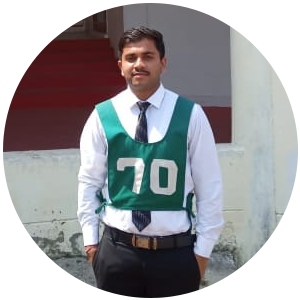
ndian Defence Academy stands as a pinnacle of excellence in NDA preparation. I am really grateful to IDA for their exceptional guidance and unwavering support in my NDA preparation. I wholeheartedly recommend IDA to all the aspiring candidates. I personally extend my sincere gratitude to all my teachers Vinay sir, Shubham sir and Shakti sir who not only teach us the subjects but also the values of life. Apart from regular classes and study schedule the most fun and relaxing part is physical exercise under the guidance of Thapa sir. It used to be full of fun and adventure.
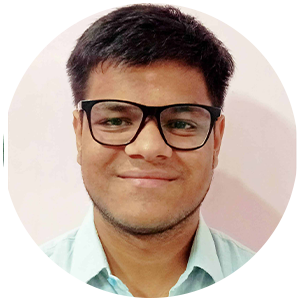
Hello everyone, Indian Defence Academy Dehradun is a perfect academy for one's preparation for defence services . With regular classes offline and daily practice sessions online with supportive teachers gave a boost to my moral . The SSB classes conducted by Ex - Service officers helped a lot in building my personality moreover the physical training given by Ex - Service officer kept me physically and mentally fit . The healthy and safe hostel environment, the hygienic meals served in mess pushed my preparation. In the end I would again thank the faculty of Indian Defence Academy for making me believe in myself . Good luck to all . Jai Hind🇮🇳
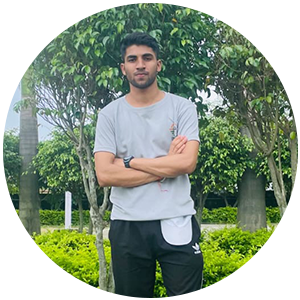
Indian Defence Academy builds up the confidence to crack any Defence exams. Here, I would like to share my experience as being an Indian Defence Academy cadet. There are specific faculty for every subject required in the Defence exams. The faculties are extremely supportive and friendly that we can ask our numbers of doubts anytime. I really appreciate this kind of environment within the campus where teacher and student can interact freely. Apart from academics classes there is a GTO session every week to help us in the SSB taken by Ex-service officers which eventually boost up our morale and help us to develop our personality like an officer. So count your steps, mark your destination. 'JAI HIND
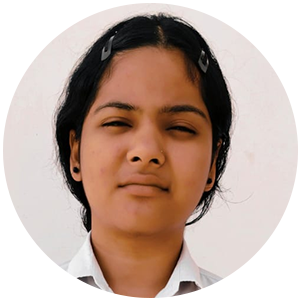
Genuinely IDA is the best platform to crack any defence examination. I and my sister have been taking classes in IDA. IDA helped us to comprehend tha nature of and efforts required for the exam. I must appreciate the fact that the teachers here take great pains in their work. And the regular physical training here prepares a student mentally and physically strong and the SSB classes under the guidance of Ex-GTOs here makes student more focused towards their goal. I am happy to be a part of it Thankyou IDA and our dear teachers...I can assure you all that this is the best defence coaching in Dehradun.
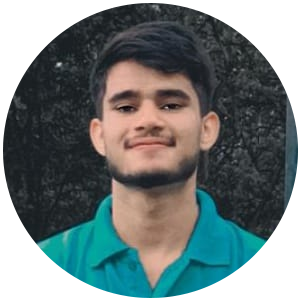
Joining the Indian Defence Academy was one of the best decisions I've ever made. The academy provided me with top-notch training and education, as well as invaluable life lessons and character development. The instructors were highly experienced and dedicated, always pushing us to excel both physically and mentally. The academy not only prepared me for a career in the defense forces but also instilled in me a sense of patriotism and duty towards our nation. I am grateful for the incredible opportunities and experiences I had at the Indian Defence Academy. It truly transformed me into a confident and disciplined individual ready to serve my country.
GALLERY of the Best NDA foundation course after 10th in Dehradun
Travel
Travel
NDA Exam Info
- For Army Wing of National Defence Academy :—12th Class pass of the 10+2 pattern of School Education or equivalent examination conducted by a State Education Board or a University.
- For Air Force and Naval Wings of National Defence Academy and for the 10+2 Cadet Entry Scheme at the Indian Naval Academy :—12th Class pass with Physics, Chemistry and Mathematics of the 10+2 pattern of School Education or equivalent conducted by a State Education Board or a University. Candidates who are appearing in the 12th Class under the 10+2 pattern of School Education or equivalent examination can also apply for this examination.
- The subjects of the written examination, the time allowed and the maximum marks allotted to each subject will be as follows:—
Subject Code Duration Maximum Marks Mathematics 01 2.5 Hours 300 General Ability Test 02 2.5 Hours 600 Total 5 Hours 900 SSB Test/Interview 900 - THE PAPERS IN ALL THE SUBJECTS WILL CONSIST OF OBJECTIVE TYPE QUESTIONS ONLY. THE QUESTION PAPERS (TEST BOOKLETS) OF MATHEMATICS AND PART “B” OF GENERAL ABILITY TEST WILL BE SET BILINGUALLY IN HINDI AS WELL AS ENGLISH.
- In the question papers, wherever necessary, questions involving the metric system of Weights and Measures only will be set.
- Candidates must write the papers in their own hand. In no circumstances will they be allowed the help of a scribe to write answers for them.
- The Commission have discretion to fix qualifying marks in any or all the subjects at the examination.
- The candidates are not permitted to use calculator or Mathematical or logarithmic table for answering objective type papers (Test Booklets). They should not therefore, bring the same inside the Examination Hall.

About
Indian Defence Academy is one of the ‘Best NDA Coaching Institute’ in Dehradun, India. IDA helps you in every sphere with its highly experienced and knowledgeable faculty.
Contact
- contact@indiandefenceacademy.in
- Call: +91-8445674603

